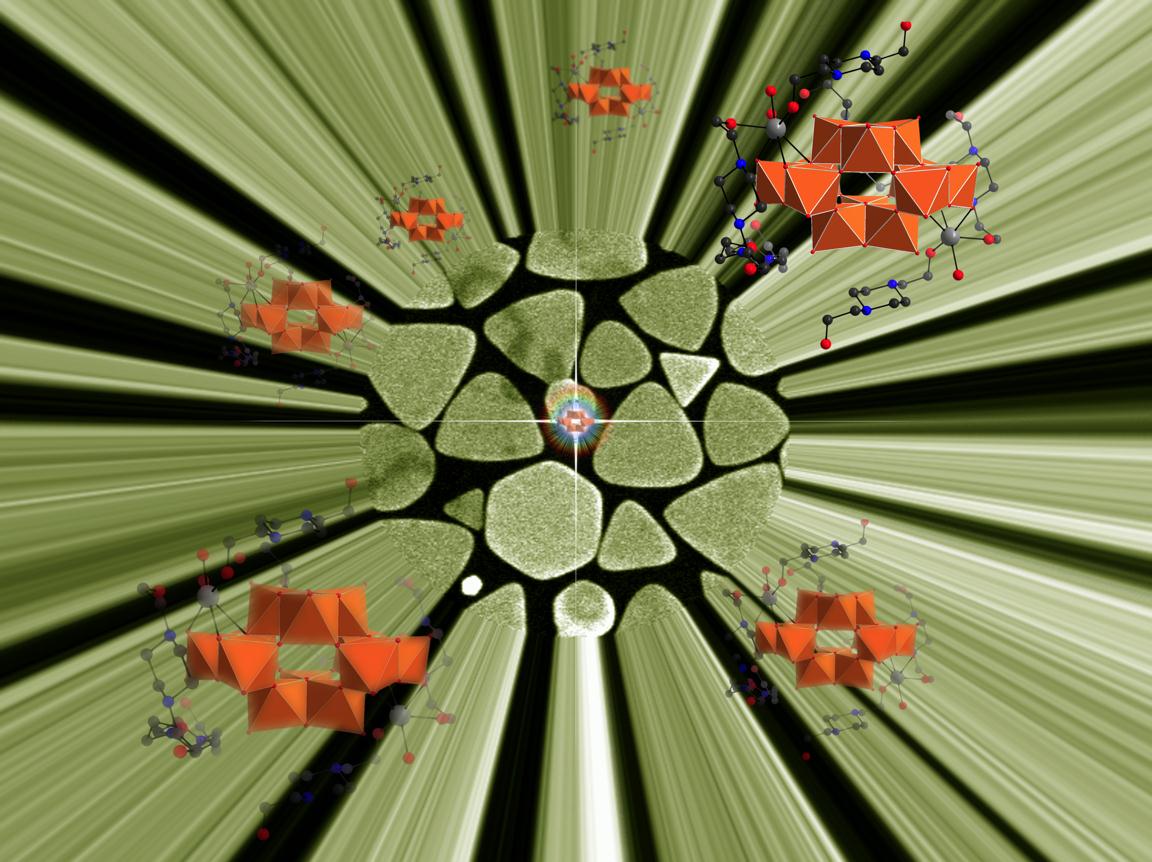PI: Jesús Martínez de la Fuente
EURONANOMED II
(2015-2017)
MicroRNAs (miRNAs) are currently emerging as potential biomarkers of various diseases including cancers and autoimmune diseases. One example is multiple sclerosis (MS), the management of which would certainly be improved by the use of circulating predictive and prognostic biomarkers because its monitoring and treatment are currently based solely on subjective and scarcely predictive analyses (magnetic resonance imaging and clinical assessment).
Some candidate circulating miRNAs related to MS have been identified but, among other things, their validation and clinical use are hampered by the limited availability of appropriate analytical technologies because the existing platforms, most of which are based on qPCR, deep sequencing and microarrays, do not combine good analytical performance (sensitivity, specificity and multiplexing capacity) with sufficient usability (high-throughput power, simplified workflows and cost-effectiveness).
The main aim of this project is to develop a nanotechnology-enhanced surface plasmon resonance imaging (SPRi)-based method of facilitating more effective analysis of miRNA biomarkers, and demonstrate its use in MS.
Schematic representation of the main strategy for the sensitive SPRi-base detection of multiple miRNAs.
Our innovative approach concentrates on the production of a universal enhancer of SPRi using size- and shape-optimised gold nanoparticles with particular intercalating molecules capable of binding all of the RNA/DNA hybrids without sequence specificity that are responsible for the universality of detection. In this way, the enhancer can simultaneously amplify the signals of multiple serum miRNAs in the femtomolar range (making it about three orders of magnitude more sensitive than commercial microarrays) without requiring PCR amplification, fluorescent labels or sequence-specific sandwiches. The proof-of-concept will be tested using a commercial fully-automated SPRi platform and will be validated on biomaterials resulting from 20 MS patients and 20 (age-sex-matched) controls for a panel of around 60 miRNAs potentially related to MS.
